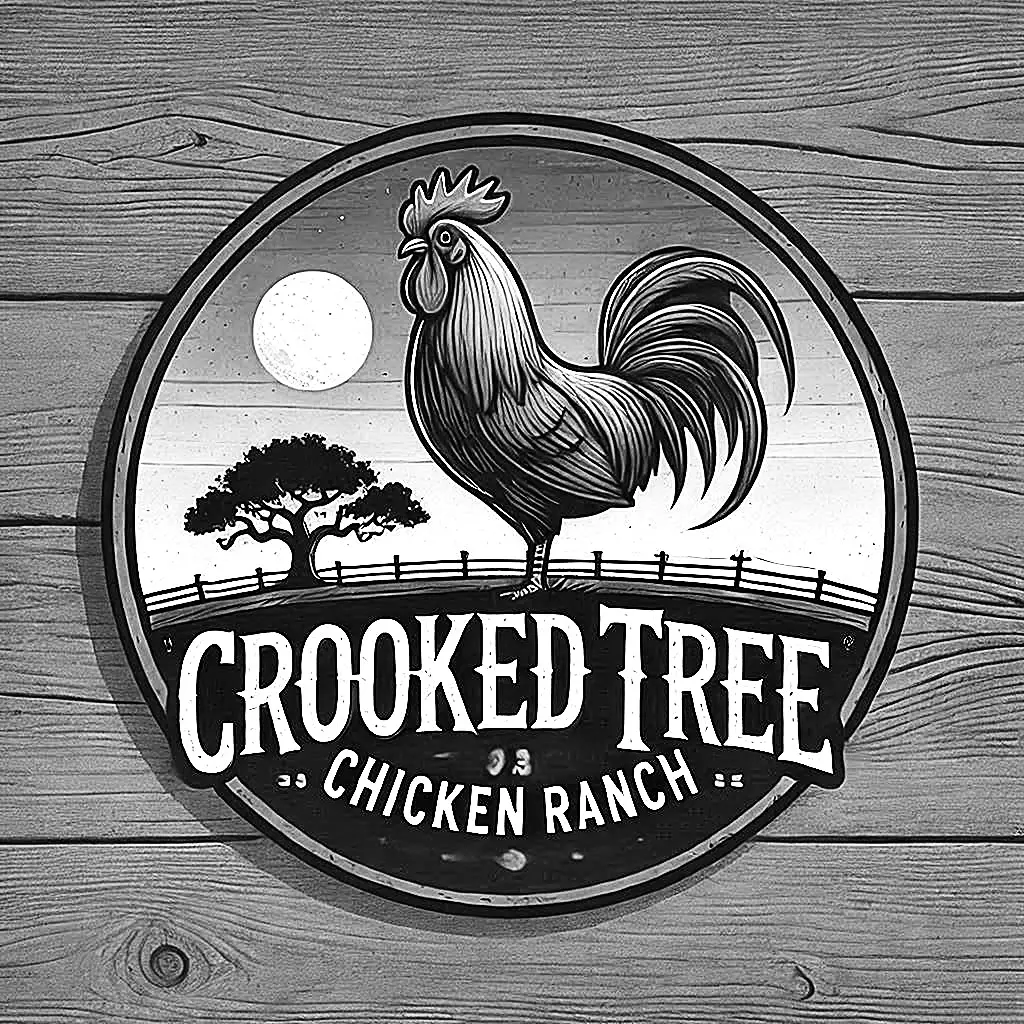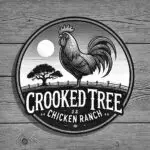?????????FAQ's?????????
How are your chickens raised?
Our chickens are raised in a free-range environment where they have ample space to move around and engage in natural behaviors. They are barned at night to prevent loss to predators, and the areas that they free range in are enclosed with electrified netting to keep predators out.
What kind of feed do you give your chickens?
We provide our chickens with a high-quality, locally sourced grain from Albrights Mill in Kempton PA. Our feed is free from antibiotics and added hormones.
Do you use any antibiotics or hormones in your chickens?
No, we do not use antibiotics or hormones in our chickens. We believe in raising healthy birds without the use of any type of medication. Since I am a small farm I do not need to use antibiotics to keep my flock healthy. Getting the birds outside and in the fresh air is natures best antibiotic.
How much space do your chickens have to roam?
Each chicken has access to at least 2 square feet of space indoors, and they also have outdoor areas where they can roam freely. They are outside during the day unless the weather is exceptionally bad. We do not feed and water in the barn, so our birds have to go outside if they want to eat.
Is your farm certified organic?
We are not certified organic because we do not buy organic certified feed, but we follow many organic practices to ensure the health and well-being of our chickens.
What breeds of chickens do you raise?
We raise primarily meat birds, the Cornish Cross Hybrid which is the standard in meat bird production. We raise a few layer also which are a variety of heritage breeds known for their robust health and excellent eggs, such as Rhode Island Reds and Plymouth Rocks.
How long do the chickens live before they are processed?
Our chickens live for about 12-16 weeks before they are processed, which allows them to develop naturally and ensures high-quality meat. We take longer to raise our meat birds then the average farmer because we do not keep lights on at night in the barn, we want them to rest. We do not add any chemicals to the feed that would induce the feeling of wanting to keep eating (like the chemicals in junk food).
Do you process the chickens on-site?
Yes, we have a small, state-inspected processing facility on-site to ensure that our chickens are handled humanely and processed under strict sanitary conditions.
What measures do you take to ensure the welfare of your chickens?
We provide our chickens with clean water, nutritious feed, and a safe environment. We barn them at night to prevent predator attacks from owls and other night predators. Despite our best efforts we still lose an occasional chicken to Hawks! We also twice daily check on their health and well-being. Any chickens displaying any type of unwell behavior is pulled from the flock and isolated.
How do you ensure the cleanliness and sanitation of your facilities?
We adhere to rigorous cleaning and sanitation protocols, including regular washing and disinfecting of equipment and facilities. We are inspected through the PA Department of Agriculture.
Do you offer tours of your farm?
Yes, we welcome visitors to tour our farm and learn more about our farming practices. Please contact us to schedule a visit.
How do you manage waste on your farm?
We compost chicken manure and use it to fertilize our garden, which helps to maintain soil health and reduce waste.
How can I purchase your chickens or other products?
You can purchase our products directly from our farm, at local farmers’ markets, or through our online store on our website.
What sets your farm apart from larger commercial farms?
We focus on sustainable, humane practices and prioritize the quality of life for our animals. We also provide personalized customer service and a connection to the community.
Can you provide any recipes or cooking tips for your chickens?
Absolutely! We have a selection of recipes and cooking tips on our website, and we’re always happy to share our favorite ways to prepare our chicken.
How does the weather affect your farming practices?
Weather plays a significant role in our farming. We adjust our practices seasonally to ensure the comfort and health of our chickens, such as making sure the chickens have access to shade in the summer and dry, wind free shelter in the winter.
How do you handle diseases or health issues among your chickens?
We monitor our chickens closely for any signs of illness and use natural remedies and preventive measures to maintain their health. If necessary, we would consult with a veterinarian to address any issues. Quite honestly in all the years of raising chickens we have never had any disease issue. That is mostly a problem with larger factory farming set ups.

